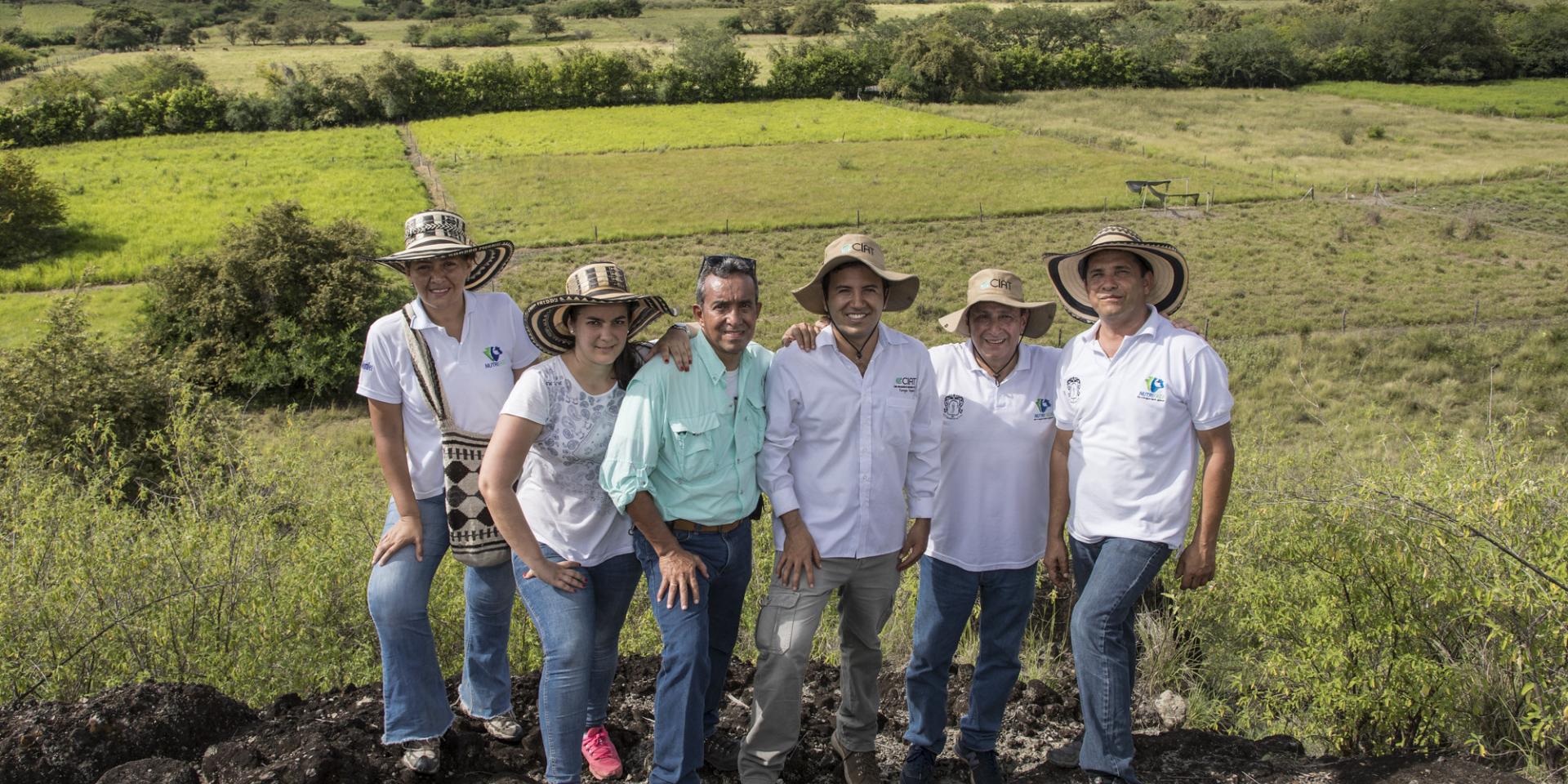Gender in Agricultural Programs

Learn how to increase your awareness of gender issues in agriculture to help bring growth and productivity into agricultural programming and policies in this 3-hour self-paced course.
This course is in English
What will you learn?
- Describe key terms and theories related to gender studies
- Explain how gender issues influence agricultural work
- Integrate gender perspectives and theories into agricultural work
What resources do you need to do it?
You must have internet access. Although it is not required, if you wish to take notes, it is recommended that you have access to paper, a notebook, or a word processor.
More about this training
This self-paced course teaches you how to identify the role of gender in communities and use this awareness to better integrate women and marginalized populations when working with groups in local production enterprises.
This course establishes a theoretical foundation for the study of gender and provides tools to apply and integrate gender perspectives into agricultural work with a goal of bringing growth, productivity, and policy benefits to communities.
Through a combination of educational videos, short readings, and knowledge check questions, you will learn about development theory, gender, empowerment, equality, equity, and justice. With this theoretical framework, you will examine masculinity and femininity in agriculture and use this knowledge to help bring growth and productivity into agricultural programming and policies.
There are 3 sections in this course and each has a quiz at the end. You will need to achieve a score of 80% or greater on each to pass and receive a certificate of completion. You have access to this course for 90 days from your date of enrollment.
This course offers a certificate of completion.
Who is this for?
- Agricultural community leaders
- Researchers in Applied Research Institutes and Universities
- International development practitioners
- Trainers
- Funding agency staff
Who can I contact for more information?
Contact information available here